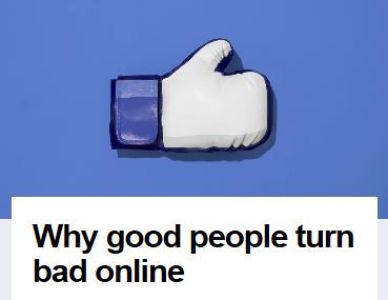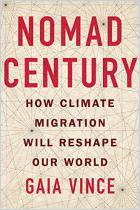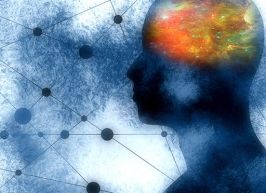Melden Sie sich bei getAbstract an, um die Zusammenfassung zu erhalten.

Melden Sie sich bei getAbstract an, um die Zusammenfassung zu erhalten.
Gaia Vince
Why Good People Turn Bad Online
Meet the scientists finding out how we can defeat our inner trolls and build more cooperative digital societies.
Mosaic, 2018
Was ist drin?
Do social media algorithms bring out the worst in human behavior?
Recommendation
Picture your ancestors. Living in small communities, they interacted face-to-face with the same people every day. Social consequences were immediate. Bad behavior could lead to ostracism from the community and the loss of long-term survival advantages. It paid to be agreeable, so humans evolved to be agreeable. Now contrast that scenario with today’s online environment. Where one led to cooperation, the other has led to trolling and tribalism. getAbstract recommends writer and broadcaster Gaia Vince’s overview of how algorithms prompt the worst in human behavior to all Internet users.
Summary
About the Author
Gaia Vince is the author of Adventures in the Anthropocene: A Journey to the Heart of the Planet We Made.


























Comment on this summary